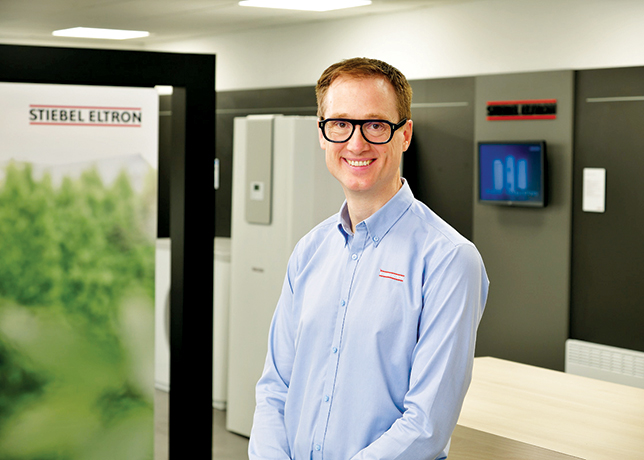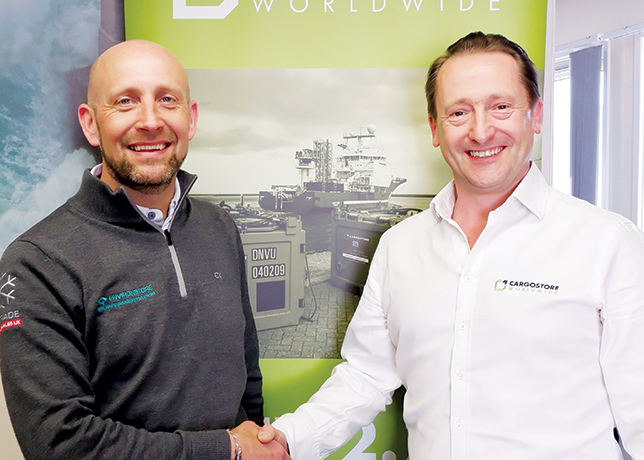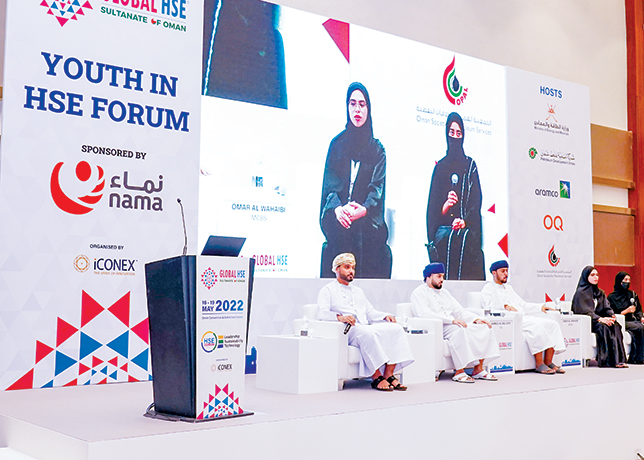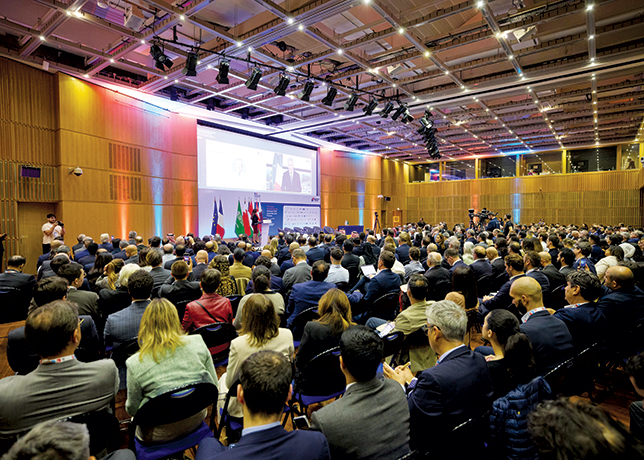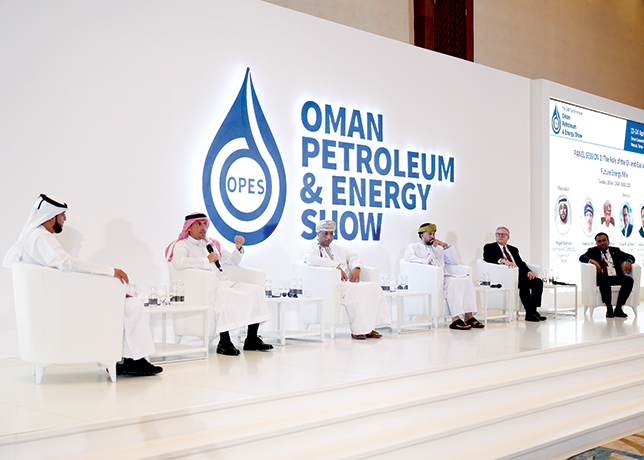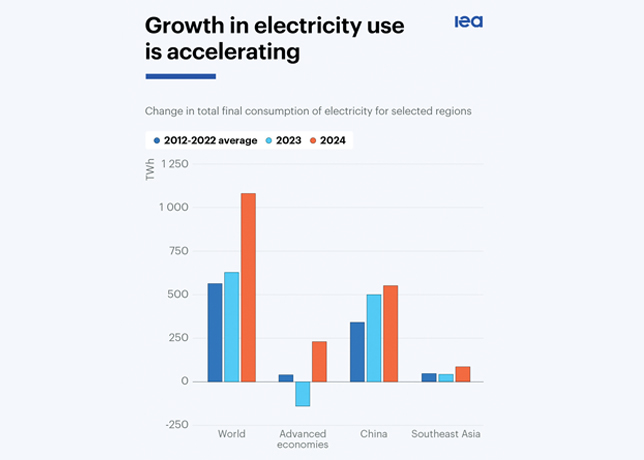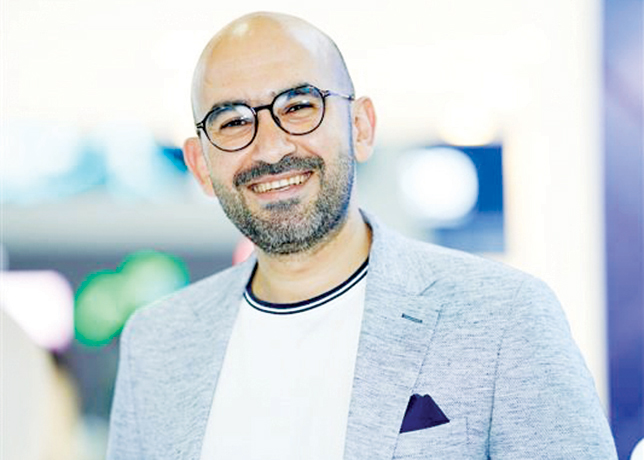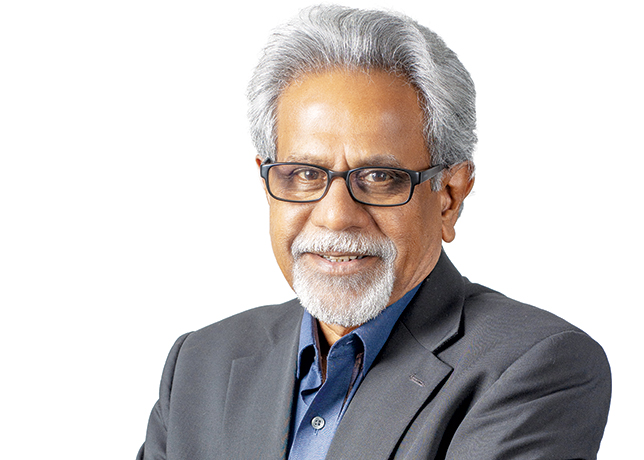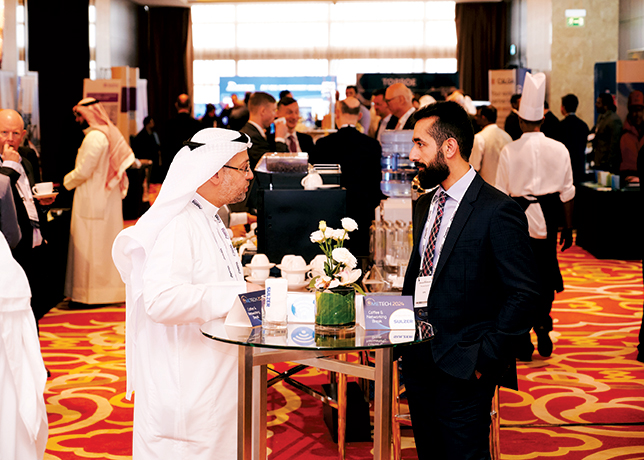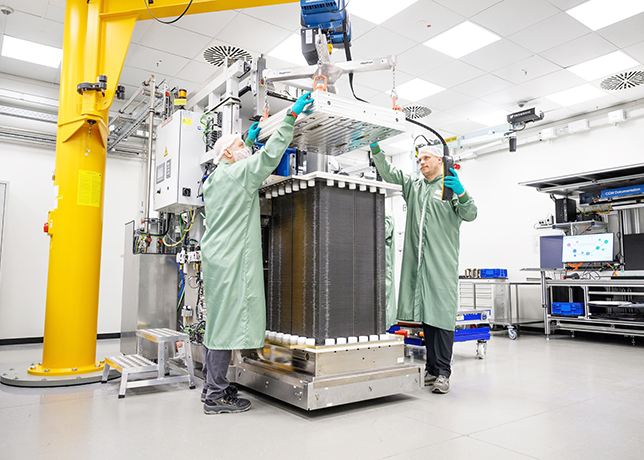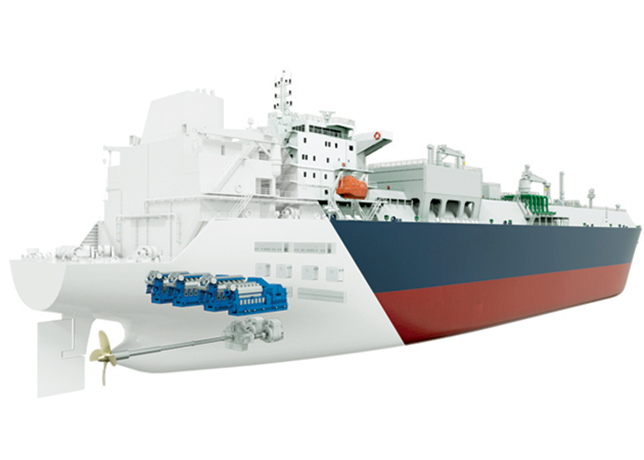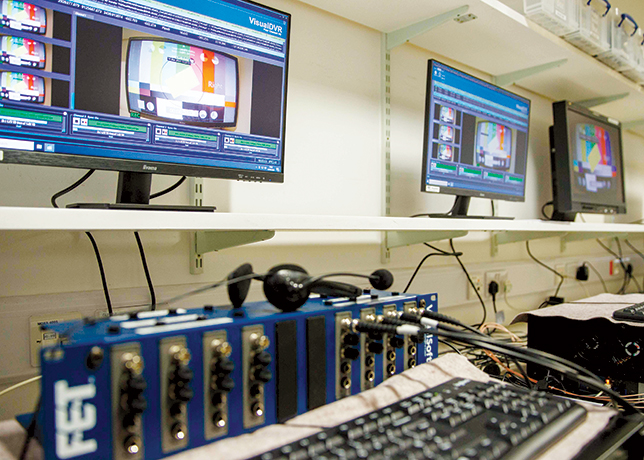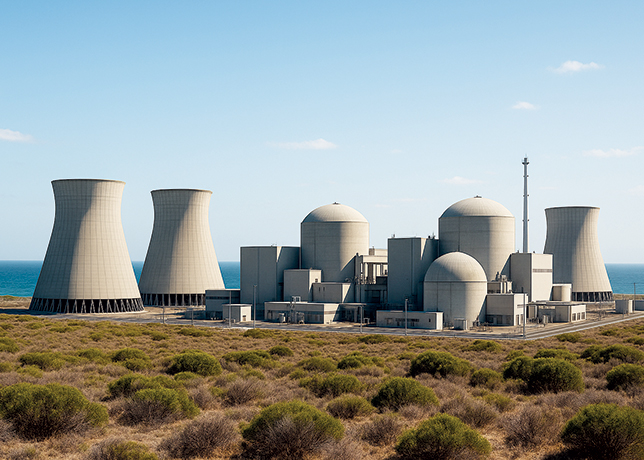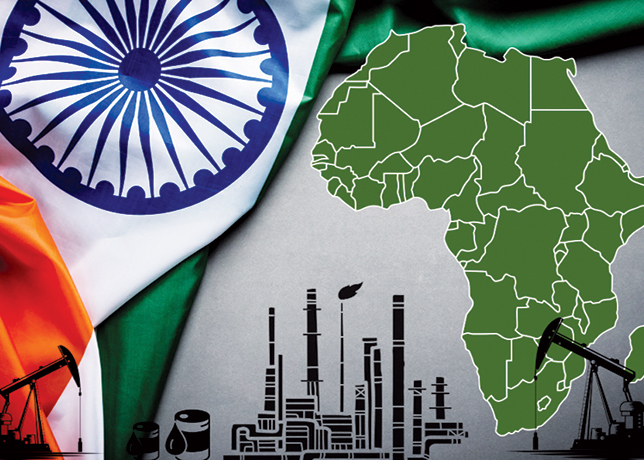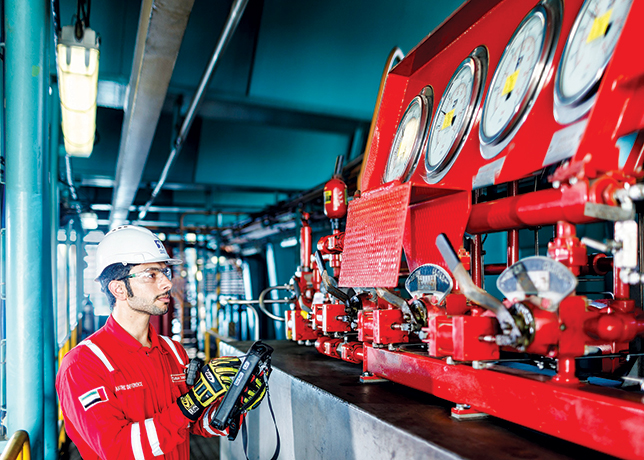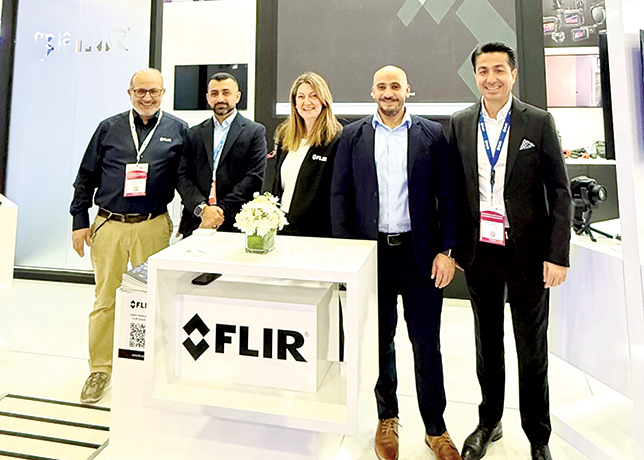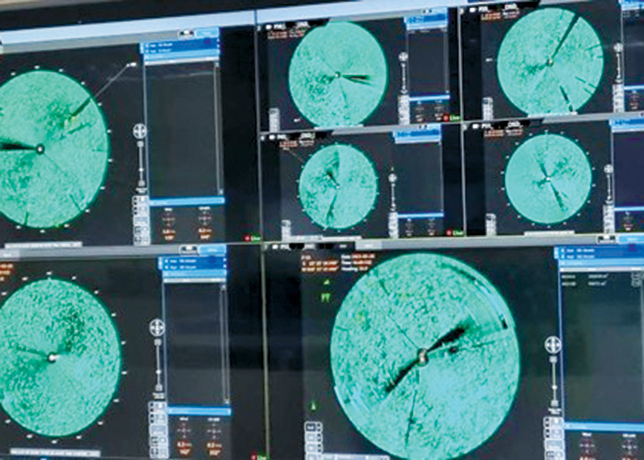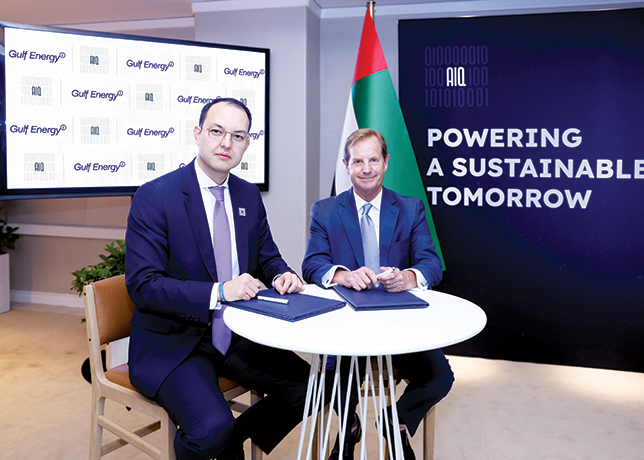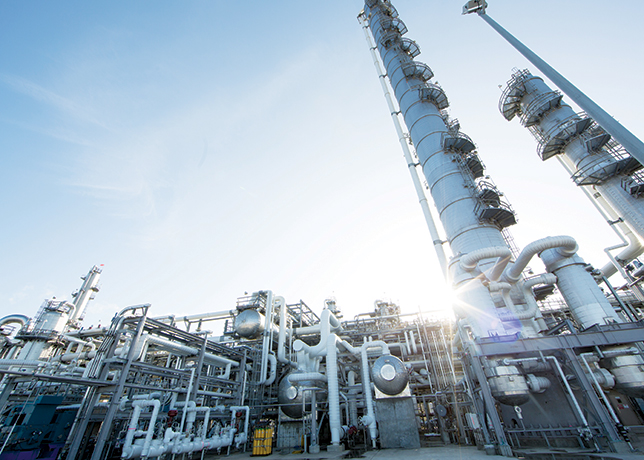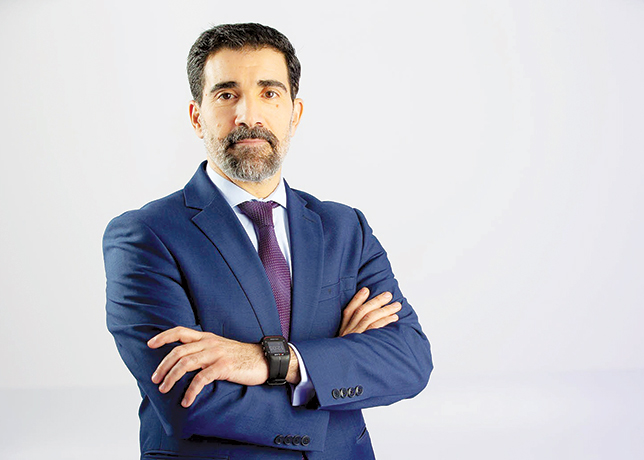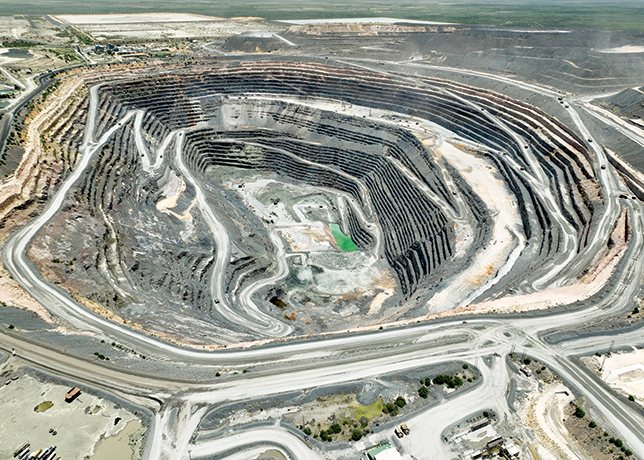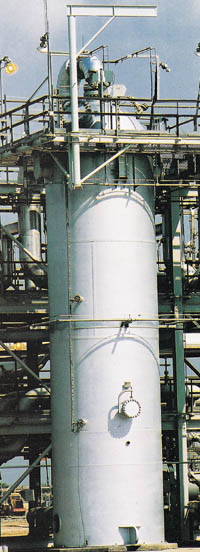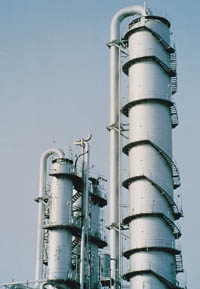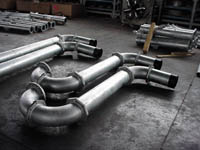
 An Egyptian petrochemical plant ... massive investments to take place in the sector
An Egyptian petrochemical plant ... massive investments to take place in the sector
Egypt Is now embarking on an extensive investment programme in its petrochemicals sector, tapping its growing natural gas reserves as feedstocks.
A large number of projects are currently in the planning stage while UK firm Chem Systems has put forward a masterplan which aims to form a new, independent organisation for planning and investment in the petrochemicals sector.
Long-term, the plan is said to involve the construction of up to 14 petrochemical complexes at a total cost of around $10 billion over a twenty-year period, investments which are expected to create around 100,000 new jobs.
The first phase will include facilities for the production of 300,000 tonnes per year (tpy) of propylene and 900,000 tpy of ethylene.
The first petrochemicals complex for the production of ethylene, propylene and polyethylene came onstream in Alexandria last year.
A new $1.3 billion project is planned for the new industrial zone in Suez. The facility will manufacture olefins, polyolefins and other aromatic hydrocarbons and will process a total of 1.4 million tpy of naphtha.
The facility will produce 530,000 tpy of ethylene and 250,000 tpy of propylene with an initial investment of $900 million.
The project will be carried out by Saudi Arabian company TAAS Group International.
The company is said to be in advanced negotiations with leading international petrochemicals companies regarding a strategic partner for the project.
State-owned oil company Egyptian General Petroleum Corp (EGPC) will participate with a 10 per cent stake in the TAAS project. Other petrochemical projects are also being planned or executed. Egypt Basic Industries Co plans to build an ammonia plant in Suez with an investment of around $200 million.
In addition to this, Saudi Egyptian Petrochemical Co (Sepco) plans to build a polyester plant near Alexandria. Investments in this project, which is scheduled for completion in 2003 are estimated at a total $550 million.
The capacity will amount to 300,000 tpy. The company will primarily supply textile plants with polyester products. EGPC will also participate in this project with a 10 per cent stake.
The ultimate aim for Egypt is to become a global petrochemical leader.



